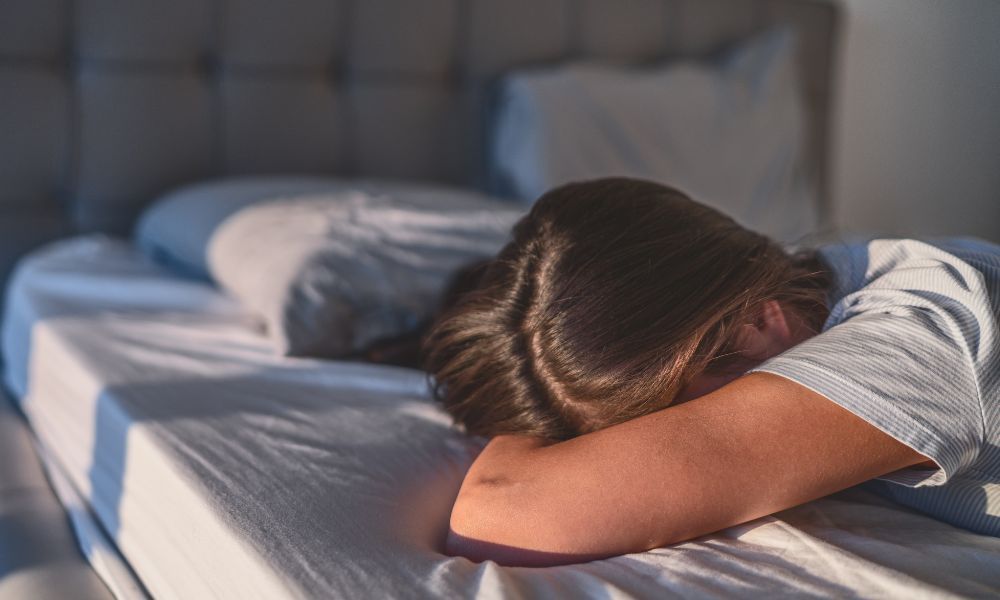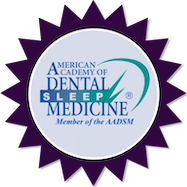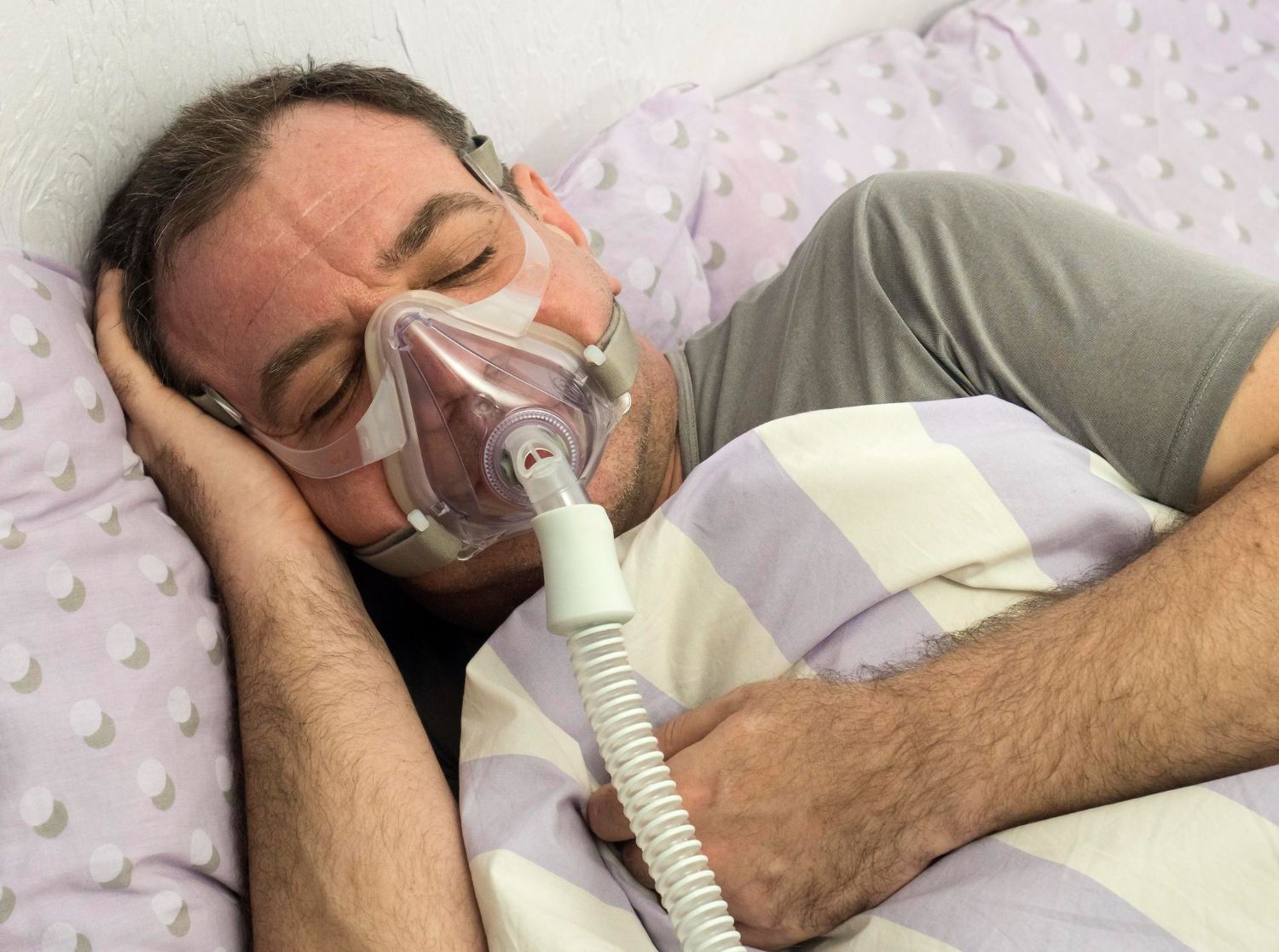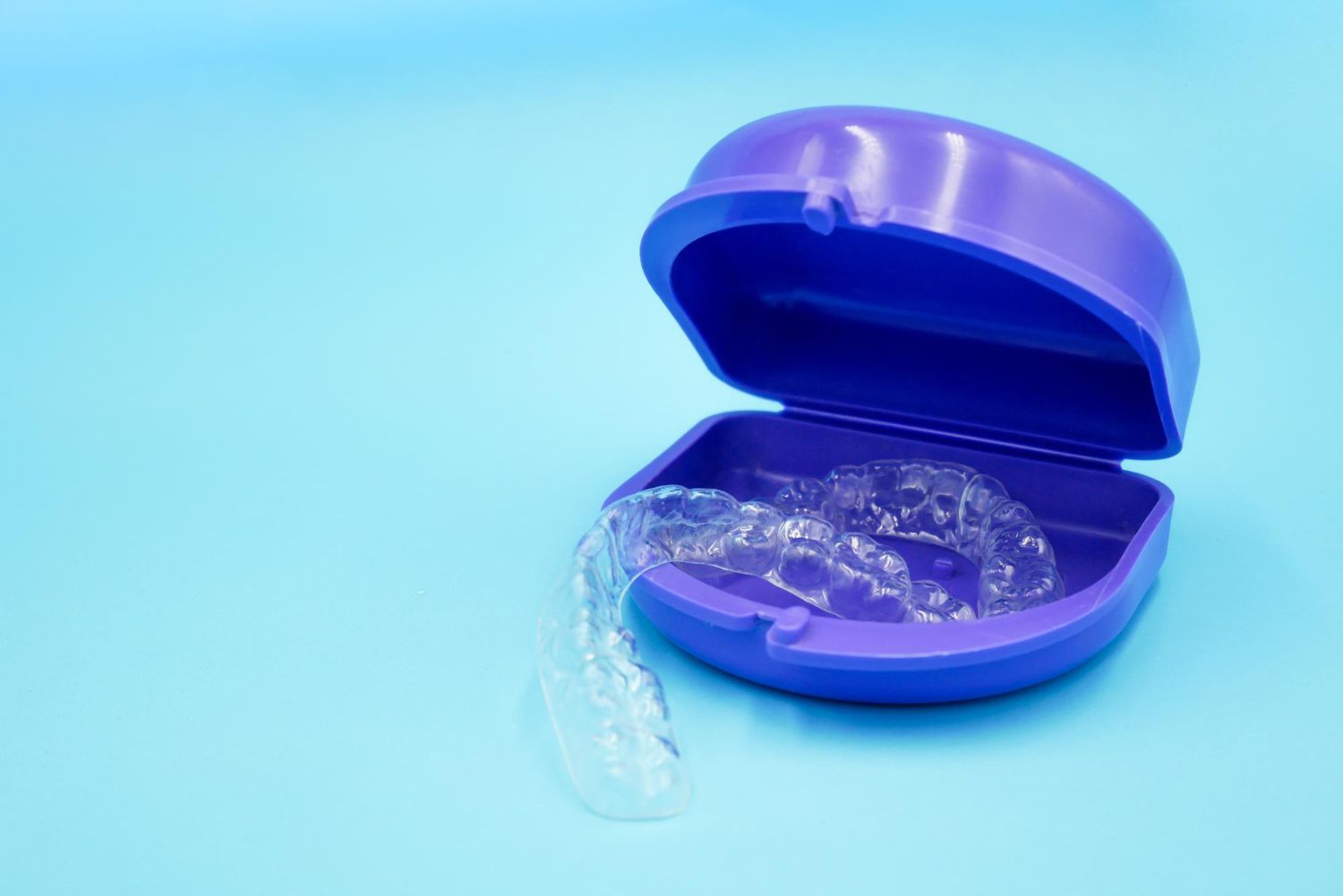Welcome to Fuller Sleep & TMJ Solutions | Greensboro, NC | frontdesk@fullersleep.com
The Impact of Sleep Apnea on Mental Health: Understanding and Coping Strategies

Sleep apnea is a prevalent sleep disorder that involves the temporary cessation of breath during sleep due to a partial or complete obstruction of the airway. While most people are aware of sleep apnea's physical health implications, they often overlook the significant impact it can have on mental health. As a leading dental sleep apnea clinic in Greensboro, North Carolina, Fuller Sleep & TMJ Solutions is dedicated to helping patients understand the numerous ways sleep apnea can affect their overall health, including their mental well-being.
Studies have consistently shown that untreated sleep apnea can contribute to mental health disorders, including depression, anxiety, and even cognitive decline. This unaddressed sleep disorder can exacerbate existing mental health conditions, leading to a vicious cycle of poor sleep, worsened mental health, and decreased quality of life. At Fuller Sleep & TMJ Solutions, we strive to educate our patients about sleep apnea's far-reaching consequences for mental health and provide viable treatment options to improve their sleep quality and regain control over this important aspect of their lives.
In this blog post, we will discuss the various ways sleep apnea can influence mental health, delve into the importance of addressing sleep apnea as part of a comprehensive mental health treatment plan, and offer strategies for coping with the mental health challenges posed by living with sleep apnea. By understanding and acknowledging the link between sleep apnea and mental health, you and your healthcare team will be better equipped to devise a targeted treatment plan that alleviates sleep apnea's burden on your mental well-being and ultimately leads to a happier, healthier life.
How Sleep Apnea Affects Mental Health
Sleep apnea can lead to various mental health issues, and understanding this connection is the first step towards managing the problem effectively. This section will explore the ways sleep apnea contributes to poor mental health outcomes.
- Depression: Researchers have found a strong association between sleep apnea and depressive symptoms, with untreated sleep apnea increasing the risk of developing depression.
- Anxiety: Sleep apnea can exacerbate anxiety symptoms due to a lack of restorative sleep, increased nighttime awakenings, and heightened daytime fatigue.
- Cognitive Impairment: Persistent sleep apnea can lead to cognitive decline, memory problems, and difficulty concentrating, further impacting mental health and day-to-day functioning.
Addressing Sleep Apnea to Improve Mental Health
Effectively treating sleep apnea is crucial for mental health management. By addressing sleep apnea, patients can experience notable improvements in their mental health symptoms. Here are some ways to manage sleep apnea to boost mental well-being.
- Continuous Positive Airway Pressure (CPAP) Therapy: CPAP is the gold standard treatment for sleep apnea, using a machine to provide constant air pressure that keeps airways open during sleep.
- Oral Appliance Therapy: Custom-made oral devices can reposition the jaw and tongue during sleep, providing a less invasive treatment option for sleep apnea while reducing its impact on mental health.
- Lifestyle Changes: Weight loss, regular exercise, and avoiding alcohol can help alleviate sleep apnea symptoms and reduce the mental health burden caused by this condition.
Coping Strategies for Living with Sleep Apnea and Mental Health Challenges
Implementing coping strategies is vital for improving mental health while living with sleep apnea. Consider incorporating the following techniques to enhance your emotional resilience.
- Practice good sleep hygiene: Establishing a regular sleep schedule, creating a relaxing bedtime routine, and maintaining a comfortable sleep environment can elevate sleep quality and mental health.
- Mindfulness and Relaxation Techniques: Mindfulness meditation, deep breathing exercises, and progressive muscle relaxation can help reduce stress and anxiety attributed to sleep apnea.
- Seek Psychological Counseling: Talk therapy, cognitive-behavioral therapy (CBT), or support groups can help patients navigate the emotional challenges posed by sleep apnea-related mental health struggles.
Collaborating with Healthcare Providers for Comprehensive Care
It is essential to work closely with healthcare providers to ensure proper management of sleep apnea and related mental health issues. This section highlights the importance of collaboration and communication to address these challenges effectively.
- Inform your healthcare team: Communicate with your primary care physician, sleep specialist, and mental health professional about your sleep apnea and related mental health concerns to create a targeted treatment plan.
- Regular Follow-Ups: Attend regular follow-up appointments with your healthcare providers to monitor the progress and effectiveness of your treatment plan, adjusting as needed to optimize care.
- Seek Support: Engage with the team at Fuller Sleep & TMJ Solutions - our dental sleep apnea experts are dedicated to helping patients improve their sleep health and overall well-being by providing comprehensive care, empathy, and expertise.
Conclusion
Sleep apnea's impact on mental health is an essential aspect to consider for patients and healthcare providers alike. By understanding the link between sleep apnea and mental health disorders, devising comprehensive treatment plans, and utilizing effective coping strategies, patients and their healthcare teams can significantly improve sleep quality, mental well-being, and overall life satisfaction. At Fuller Sleep & TMJ Solutions, we are committed to providing personalized, compassionate care for patients with sleep apnea and related mental health concerns. Reach out to us today to take control of your sleep health and embark on the journey towards a happier, healthier life.
Disclaimer: Our blog articles serve to educate readers about various treatment options for sleep apnea and TMJ disorders. It's important to understand that while we discuss multiple treatments in our posts, not all of these options may be accessible at our clinic. We encourage you to reach out and schedule a consultation with us. This way, we can carefully devise a personalized treatment plan that caters to your specific needs.

CONTACT US
Fuller Sleep & TMJ Solutions
1515 West Cornwallis Dr Suite 110 Greensboro, NC 27408
BUSINESS HOURS
Monday: 8am – 5pm
Tuesday: 8am – 5pm
Wednesday: 8am – 5pm
Thursdays: 8am – 2pm
All Rights Reserved | Fuller Sleep & TMJ Solutions
© 2023 All Rights Reserved | Fuller Sleep & TMJ Solutions
Website designed by: Morningdove - Accessibility Statement












